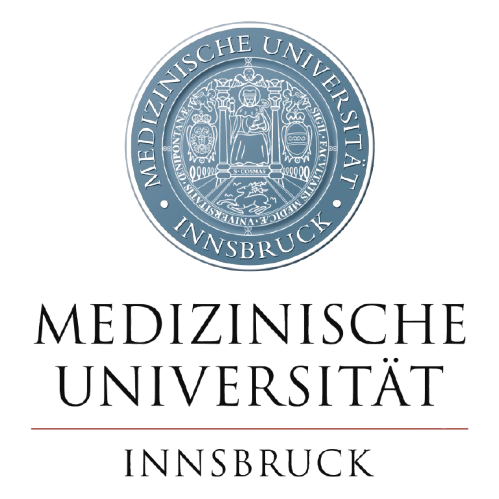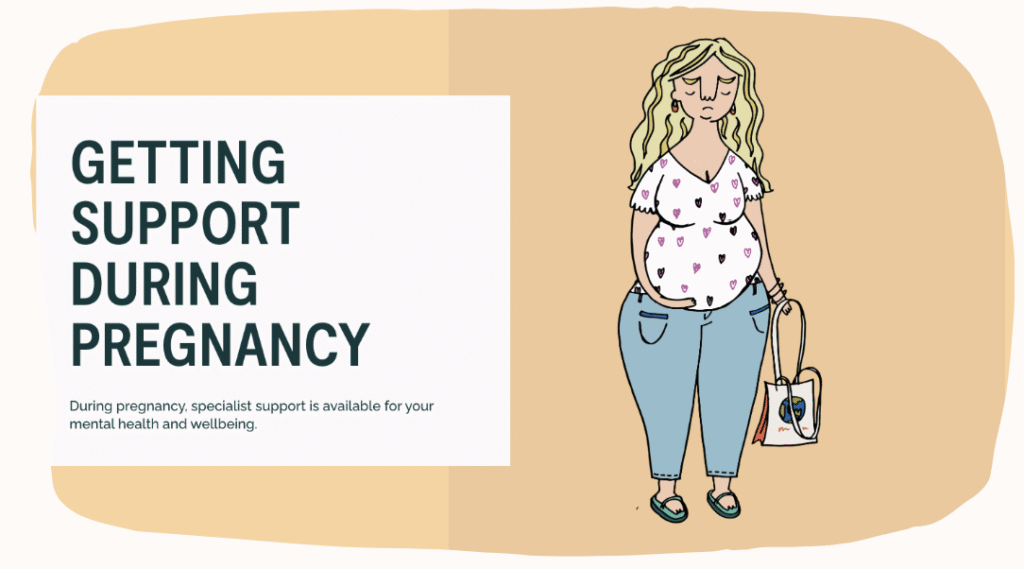
In close collaboration with stakeholders, experts, healthcare professionals, and people with lived experience, we have developed comprehensive concepts to promote perinatal mental health in our recent workshops. These concepts cover key areas such as coordination, early detection, mobile services, and awareness-raising.

Within our project, a digital self-screening tool for perinatal mental health during pregnancy and early parenthood is currently being adapted to the needs of parents in Tyrol. The tool is based on the Mental Health Checklist developed by the Australian organization PANDA (Perinatal Anxiety & Depression Australia), which has already been used successfully in 40 different languages.
The tool enables expectant and new parents to assess their emotional well-being in an anonymous, low-threshold, and safe environment. It is not a diagnostic instrument, but rather an orientation aid that helps individuals to better understand their circumstances and emotions and to take first steps towards seeking help. In addition, the checklist can also be completed by partners and health professionals.
Especially for individuals who feel uncertain or who hesitate to seek professional help due to stigma or shame, such an offer is essential. Through clear, sensitive questions and immediate, understandable feedback, early signs of perinatal mental health challenges can be identified. At the same time, the tool provides information on how and where support is available.


The establishment of such an instrument is of particular importance in Tyrol, as many families live in rural regions where support services are limited and the fear of stigma further hinders access to professional help. The self-screening tool can provide affected individuals with a first, low-threshold access point, offering them a sense of security and supporting them in finding the courage to seek help.
The tool is currently being linguistically and culturally adapted for Tyrol as part of the master’s thesis of one of our project staff members. In collaboration with parents with lived experience as well as professionals in obstetrics, psychology, and psychosocial care, it is being examined whether the language, content, and structure meet the needs of the Tyrolean population. The aim is to develop a stigma-sensitive and practice-oriented resource that, if necessary, guides families towards appropriate support services. Subsequently, the tool will also be embedded into existing support networks.


QUESTIONS ON THE TOPIC?

Laetitia Watzke
e-Mail: laetitia.watzke@i-med.ac.at


